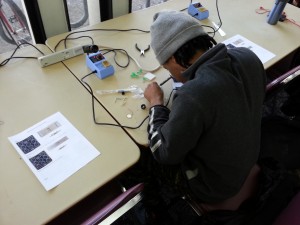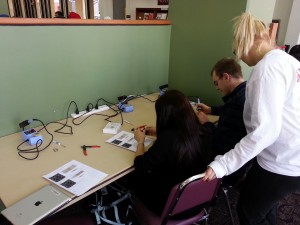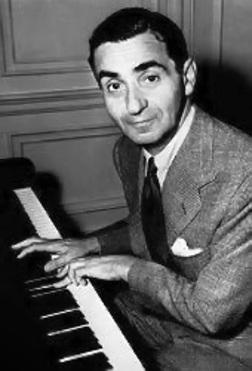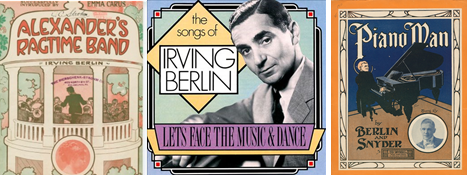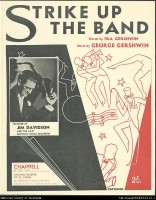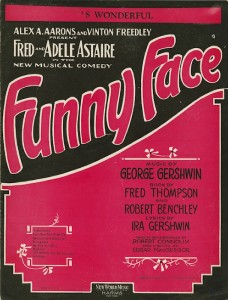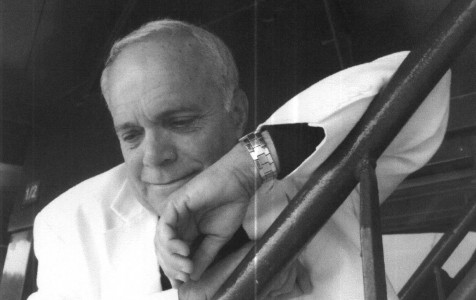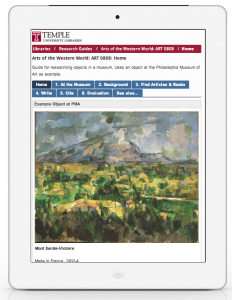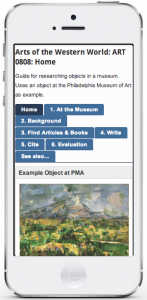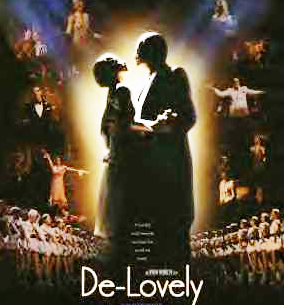Intellectual Heritage Program and Libraries’ Beyond the Page Public Programming Series Team Up to Examine Data, Privacy, and Surveillance…from 1971 through the digital age
Temple University Libraries Beyond the Page Public Programming Series and the Intellectual Heritage Program present three compelling events on data collection, surveillance, your rights, and your privacy.
“Big data” is a big question in today’s digital culture, but government information farming is nothing new. We will examine the then and now of data collection and spying, and learn about how citizen activists have intervened in government spying efforts over the course of the past 40 years.
Please join us for the following programs, which are free and open to all:
Wednesday, April 8, 4:00 PM, The Reel Cinema, Lower Level,Student Center South, Screening of 1971 and post-film discussion with director Johanna Hamilton and co-stars John and Bonnie Raines and Keith Forsyth
On March 8, 1971 eight ordinary citizens—calling themselves the Citizen’s Commission to Investigate the FBI—broke into an FBI office in Media, Pennsylvania, took hundreds of secret files, and shared them with the public. In doing so, they uncovered the FBI’s vast and illegal regime of spying and intimidation of Americans exercising their First Amendment rights. Mailed anonymously, the documents started to show up in newsrooms. The heist yielded a trove of damning evidence that proved the FBI was deliberately working to intimidate civil rights activists and Americans nonviolently protesting the Vietnam War. Despite searching for the people behind the heist in one of the largest investigations ever conducted, the FBI never solved the mystery of the break-in, and the identities of the members of the Citizens’ Commission remained a secret. Until now. For the first time, the members of the Commission have decided to come forward and speak out about their actions. 1971 is their story. https://www.1971film.com/
Friday, April 17, Noon, Paley Library Lecture Hall
Film Screening: CitizenFour
In January 2013, director Laura Poitras (recipient of the 2012 MacArthur Genius Fellowship and co-recipient of the 2014 Pulitzer Prize for Public Service) was several years into making a film about surveillance in the post-9/11 era when she started receiving encrypted e-mails from someone identifying himself as “citizen four,” who was ready to blow the whistle on the massive covert surveillance programs run by the NSA and other intelligence agencies. In June 2013, she and Greenwald flew to Hong Kong for the first of many meetings with the man who turned out to be Snowden. She brought her camera with her. The film that resulted from this series of tense encounters is absolutely sui generis in the history of cinema: a 100% real-life thriller unfolding minute by minute before our eyes. Executive Produced by Steven Soderbergh. https://citizenfourfilm.com/
Monday, April 20, Noon, Paley Library Lecture Hall
Mass Surveillance, Privacy, and Your Rights in the Digital World
Join Temple alum April Glaser in conversation with Professor of Journalism Meredith Broussard for a conversation on government and corporate dragnet surveillance and the legal, political, and grassroots challenges mounting worldwide. We will discuss the various ways corporate and government digital profiling perpetuates injustice in our digital spaces, and how the surveillance programs that have been revealed since Edward Snowden began to disclose details about government spying in 2013 have had a profound effect on journalism and activism in the U.S. and around the world.

